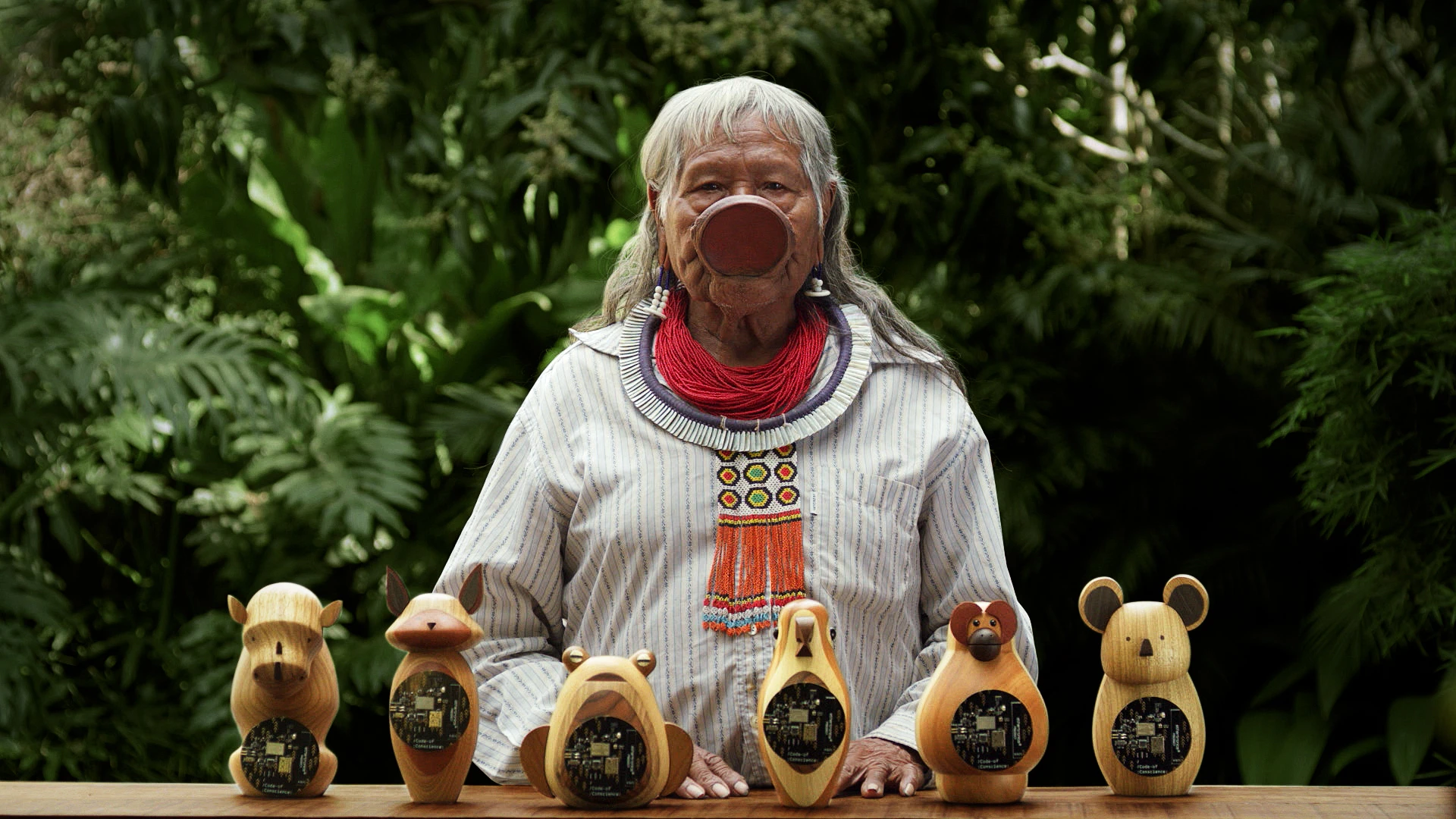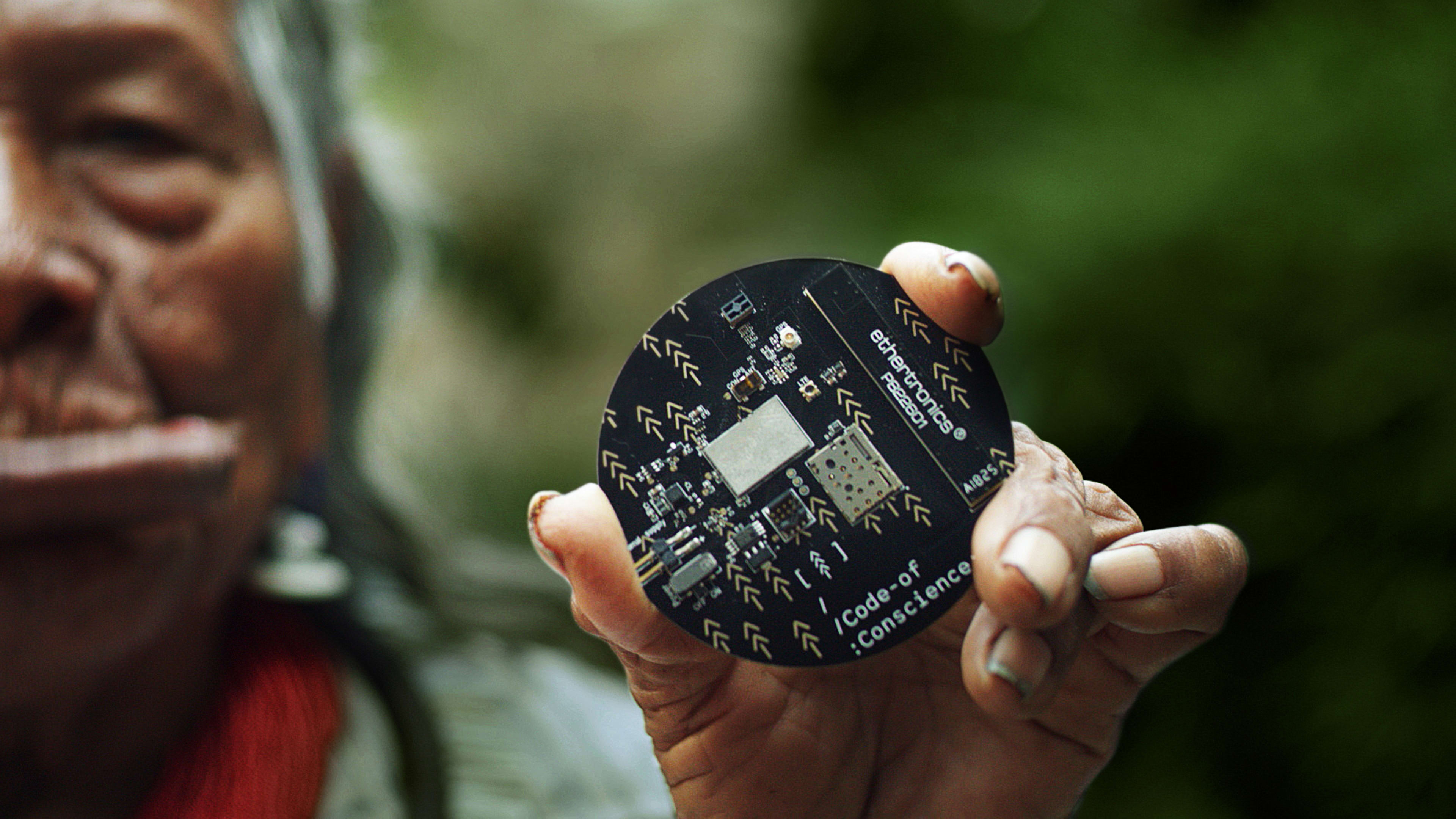In the Amazon, protected forests sit right next to logging operations. With lax enforcement, sometimes the protected forest ends up getting logged, as well. But what if it was impossible for the logging machines to cut down protected trees? A few lines of computer code entered into the machine’s source code could make it possible—code which some developers have created. They now hope that heavy equipment manufacturers will begin to add it to new machinery to help prevent deforestation in areas that struggle with enforcement.
“It’s hard to stop humans from destroying our planet, but we can stop the machines they use,” says Hugo Veiga, executive creative director at AKQA Brazil, a creative firm that created the code, called the Code of Conscience, along with Tekt Industries and other partners.
It’s difficult to monitor remote areas, and some governments don’t have the resources (or, in some cases, enough motivation) to stop illegal logging. But manufacturers of vehicles and other heavy-duty equipment used in the industry could make the simple change in code to help. The technology works by pulling data from the United Nations’ World Database on Protected Areas, and when the GPS on the vehicle detects that it has entered one of the protected forests on the map, it automatically shuts down. The developers are sharing the code online and also sent invitations and chips containing the code to the CEOs of the 10 largest heavy machinery manufacturers. On social media, anyone can pressure companies to make the change using the hashtag #CodeofConscience.

“Protected areas are essential for biodiversity conservation and for the continued existence of culturally rich local communities,” he adds. “There are many economic and ecological benefits to preserving these areas—[not] least of which is their important role in regulating climate and preventing runaway global warming.”
Recognize your brand’s excellence by applying to this year’s Brands That Matter Awards before the early-rate deadline, May 3.
